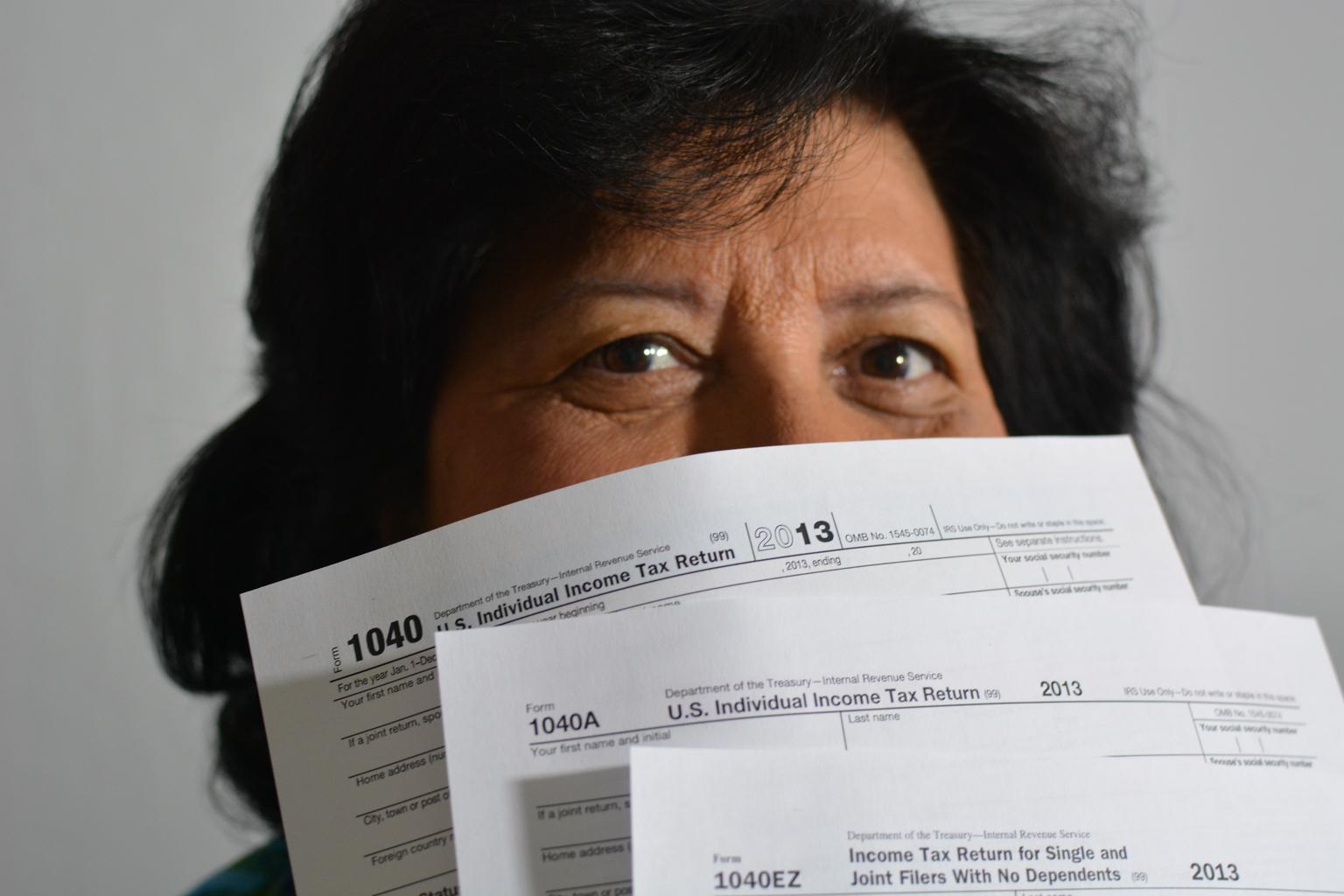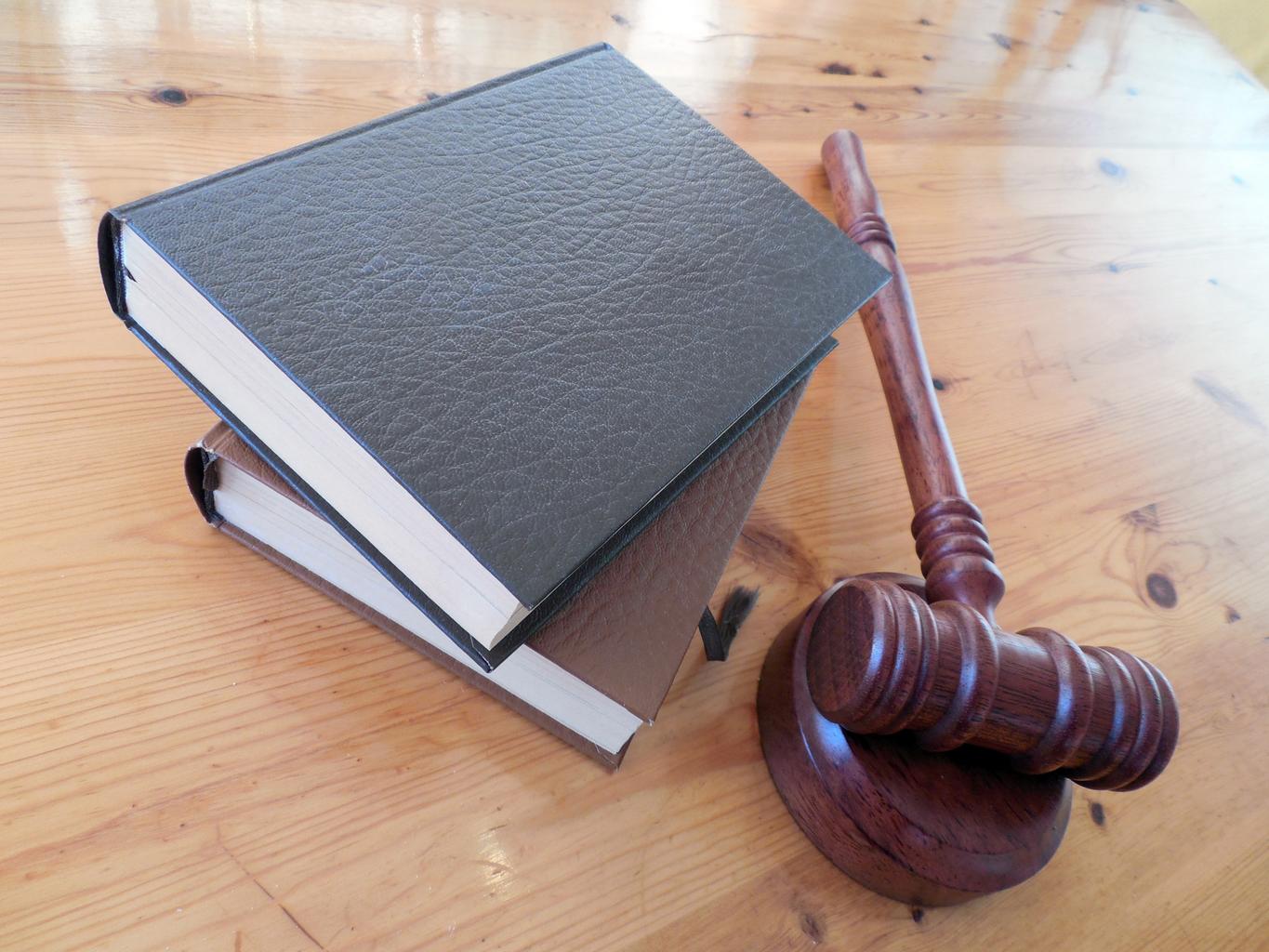TITUMIR v. BARKER AVE. ESTATES LLC, 2022 NY Slip Op 50073 - Bronx Supreme Court 2022:
"In this action for, inter alia, breach of a non-delegable
duty, defendants move seeking an order granting them summary judgment.
Saliently, defendants aver that the lease between the parties precludes
liability for the alleged water leak in the complaint, such that summary
judgment is warranted. Plaintiff opposes the instant motion,
procedurally asserting that discovery is not yet complete such that the
instant motion is premature. Substantively, plaintiff contends that the
portion of the lease upon which defendants rely does not bar liability
against defendants, because to the extent it bars liability for
defendants' negligence, General Obligations Law § 5-321 renders the
relevant portion of the lease unenforceable.
For the reasons that follow hereinafter, defendants' motion is granted.
The instant action is for money damages arising from the failure to
maintain a premises. The complaint alleges that the plaintiff and
defendants' predecessor in both ownership and interest entered into a
commercial lease for the premises located at Store No.7DE, 671 Allerton
Avenue, Bronx NY 10467 (Store #7DE), whose term was from December 1,
2007 to November 30, 2022. Plaintiff was a merchant of discount
hardware, discount housewares, a paint supplier and a seller of
household goods, who would operate a store at Store #7DE. On July 24,
2017, water began to leak from apartments above Store #7DE, causing the
store's ceiling to collapse and causing water to enter the store. The
water flooded the store causing damage to plaintiff's goods,
merchandise, the floor, the electrical wiring, the pipes and the light
fixtures. As a result, plaintiff was forced to close the store, causing a
loss of business. Plaintiff notified defendants, who after a protracted
period of time attempted to fix the leak. Despite the repair, water
nonetheless continued to leak into the store. Based on the foregoing
plaintiff alleges that defendants failed to comply with their
non-delegable duty to maintain and make repairs within Store #7DE (First
Cause of Action). Plaintiff also alleges that based on the foregoing,
despite having to close the store, he nevertheless continued to pay rent
such that defendants breached the implied warranty of quiet enjoyment
(Second Cause of Action). Lastly, plaintiff alleges that despite
notifying defendants of the water condition within Store #7DE,
defendants nonetheless failed to repair the same and then when they made
repairs, they failed to ameliorate the condition. As such, plaintiff
alleges that defendants were negligent (Third Cause of Action).
Standard of Review
The proponent of a motion for summary judgment carries the initial
burden of tendering sufficient admissible evidence to demonstrate the
absence of a material issue of fact as a matter of law (Alvarez v Prospect Hospital, 68 NY2d 320, 324 [1986]; Zuckerman v City of New York, 49 NY2d 557, 562 [1980]).
Thus, a defendant seeking summary judgment must establish prima facie
entitlement to such relief by affirmatively demonstrating, with
evidence, the merits of the claim or defense, and not merely by pointing
to gaps in plaintiff's proof (Mondello v DiStefano, 16 AD3d 637, 638 [2d Dept 2005]; Peskin v New York City Transit Authority, 304 AD2d 634, 634
[2d Dept 2003]). There is no requirement that the proof be submitted by
affidavit, but rather that all evidence proffered be in admissible form
(Muniz v Bacchus, 282 AD2d 387, 388 [1st Dept 2001], revd on other grounds Ortiz v City of New York, 67 AD3d 21, 25
[1st Dept 2009]). Notably, the court can consider otherwise
inadmissible evidence, when the opponent fails to object to its
admissibility and instead relies on the same (Niagara Frontier Tr. Metro Sys. v County of Erie, 212 AD2d 1027, 1028 [4th Dept 1995]).
Once movant meets his initial burden on summary judgment, the burden
shifts to the opponent who must then produce sufficient evidence,
generally also in admissible form, to establish the existence of a
triable issue of fact (Zuckerman at 562). It is worth noting,
however, that while the movant's burden to proffer evidence in
admissible form is absolute, the opponent's burden is not. As noted by
the Court of Appeals, [t]o obtain summary judgment it is necessary that
the movant establish his cause of action or defense `sufficiently to
warrant the court as a matter of law in directing summary judgment' in
his favor, and he must do so by the tender of evidentiary proof in
admissible form. On the other hand, to defeat a motion for summary
judgment the opposing party must `show facts sufficient to require a
trial of any issue of fact.' Normally if the opponent is to succeed in
defeating a summary judgment motion, he too, must make his showing by
producing evidentiary proof in admissible form. The rule with respect to
defeating a motion for summary judgment, however, is more flexible, for
the opposing party, as contrasted with the movant, may be permitted to
demonstrate acceptable excuse for his failure to meet strict requirement
of tender in admissible form. Whether the excuse offered will be
acceptable must depend on the circumstances in the particular case (Friends of Animals v Associated Fur Manufacturers, Inc., 46 NY2d 1065, 1067-1068 [1979]
[internal citations omitted]). Accordingly, generally, if the opponent
of a motion for summary judgment seeks to have the court consider
inadmissible evidence, he must proffer an excuse for failing to submit
evidence in admissible form (Johnson v Phillips, 261 AD2d 269, 270 [1st Dept 1999]).
When deciding a summary judgment motion the role of the Court is to
make determinations as to the existence of bonafide issues of fact and
not to delve into or resolve issues of credibility. As the Court stated
in Knepka v Talman (278 AD2d 811, 811 [4th Dept 2000]),
[s]upreme Court erred in resolving issues of credibility in granting
defendants' motion for summary judgment dismissing the complaint. Any
inconsistencies between the deposition testimony of plaintiffs and their
affidavits submitted in opposition to the motion present issues for
trial(see also Yaziciyan v Blancato, 267 AD2d 152, 152 [1st Dept 1999]; Perez v Bronx Park Associates, 285 AD2d 402, 404
[1st Dept 2001]). Accordingly, the Court's function when determining a
motion for summary judgment is issue finding, not issue determination (Sillman v Twentieth Century Fox Film Corp., 3 NY2d 395, 404 [1957]).
Lastly, because summary judgment is such a drastic remedy, it should
never be granted when there is any doubt as to the existence of a
triable issue of fact (Rotuba Extruders v Ceppos, 46 NY2d 223, 231 [1978]). When the existence of an issue of fact is even debatable, summary judgment should be denied (Stone v Goodson, 8 NY2d 8, 12 [1960]).
Contract Law and Leases
It has long been held that absent a violation of law or some
transgression of public policy, people are free to enter into contracts,
making whatever agreement they wish, no matter how unwise they may seem
to others (Rowe v Great Atlantic & Pacific Tea Company, Inc., 46 NY2d 62, 67-68 [1978]). Consequently, when a contract dispute arises, it is the court's role to enforce the agreement rather than reform it (Grace v Nappa, 46 NY2d 560, 565 [1979]).
In order to enforce the agreement, the court must construe it in
accordance with the intent of the parties, the best evidence of which
being the very contract itself and the terms contained therein (Greenfield v Philles Records, Inc., 98 NY2d 562, 569 [2002]).
It is well settled that "when the parties set down their agreement in a
clear, complete document, their writing should be enforced according to
its terms" (Vermont Teddy Bear Co., Inc. v 583 Madison Realty Company, 1 NY3d 470, 475 [2004]
[internal quotation marks omitted]). Moreover, "a written agreement
that is complete, clear and unambiguous on its face must be enforced
according to the plain meaning of its terms" (Greenfield at 569).
Accordingly, courts should refrain from interpreting agreements in a
manner which implies something not specifically included by the parties,
and courts may not by construction add or excise terms, nor distort the
meaning of those used and thereby make a new contract for the parties
under the guise of interpreting the writing (Vermont Teddy Bear Co., Inc.
at 475). This approach serves to preserve "stability to commercial
transactions by safeguarding against fraudulent claims, perjury, death
of witnesses [and] infirmity of memory" (Wallace v 600 Partners Co., 86 NY2d 543, 548 [1995] [internal quotation marks omitted]).
The proscription against judicial rewriting of contracts is
particularly important in real property transactions, where commercial
certainty is paramount, and where the agreement was negotiated at arm's
length between sophisticated, counseled business people (Vermont Teddy Bear Co., Inc.
at 475). Specifically, in real estate transactions, parties to the sale
of real property, like signatories of any agreement, are free to tailor
their contract to meet their particular needs and to include or exclude
those provisions which they choose. Absent some indicia of fraud or
other circumstances warranting equitable intervention, it is the duty of
a court to enforce rather than reform the bargain struck (Grace v Nappa, 46 NY2d 560, 565 [1979]).
Leases are nothing more than contracts and are thus subject to the
rules of contract interpretation, namely, that the intent of the parties
is to be given paramount consideration, which intent is to be gleaned
from the four corners of the agreement, and that of course, the court
may not rewrite the contract for the parties under the guise of
construction, nor may it construe the language in such a way as would
distort the contract's apparent meaning (Tantleff v Truscelli, 110 AD2d 240, 244 [2d Dept 1985]).
In the absence of fraud or other wrongful act, a party who signs a
written contract is presumed to know and have assented to the contents
therein (Pimpinello v Swift & Co., 253 NY 159, 162 [1930]; Metzger v Aetna Ins. Co., 227 NY 411, 416 [1920]; Renee Knitwear Corp. v ADT Sec. Sys., 277 AD2d 215, 216 [2d Dept 2000]; Barclays Bank of New York, N.A. v Sokol, 128 AD2d 492, 493 [2d Dept 1987]; Slater v Fid. & Cas. Co. of NY, 277 AD 79, 81 [1st Dept 1950]). In discussing this long-standing rule the court in Metzger
stated that [i]t has often been held that when a party to a written
contract accepts it as a contract he is bound by the stipulations and
conditions expressed in it whether he reads them or not. Ignorance
through negligence or inexcusable trustfulness will not relieve a party
from his contract obligations. He who signs or accepts a written
contract, in the absence of fraud or other wrongful act on the part of
another contracting party, is conclusively presumed to know its contents
and to assent to them and there can be no evidence for the jury as to
his understanding of its terms. This rule is as applicable to insurance
contracts as to contracts of any kind. (Metzger at 416 [internal citations omitted]).
Generally, pursuant to GOL § 5-321, a provision in a lease seeking to
exempt a party for his own negligence is void and unenforceable as
against public policy (Great N. Ins. Co. v Interior Const. Corp., 18 AD3d 371, 372 [1st Dept 2005], affd, 7 NY3d 412 [2006]; Tormey v City of New York, 302 AD2d 277, 278 [1st Dept 2003]; Gibson v Bally Total Fitness Corporation, 1 AD3d 477, 479 [2d Dept 2003]; Radius, Ltd. v Newhouse, 213 AD2d 614, 615 [2d Dept 1995]). To be sure, GOL § 5-321 states that
[e]very covenant, agreement or understanding in or in
connection with or collateral to any lease of real property exempting
the lessor from liability for damages for injuries to person or property
caused by or resulting from the negligence of the lessor, his agents,
servants or employees, in the operation or maintenance of the demised
premises or the real property containing the demised premises shall be
deemed to be void as against public policy and wholly unenforceable.
However, case law has carved an exception to the prohibition
described in the GOL §5-321. Specifically, it is well settled that an
indemnification agreement in a lease shall be enforceable even if the
lessor seeks to have the lessee indemnify him for his own negligence
when the lease is the product of "sophisticated parties negotiating at
arm's length," and "have agreed to allocate the risk of liability to
third parties between themselves, essentially through the employment of
insurance" (Great N. Ins. Co. at 372; see Hogeland v Sibley, Lindsay & Curr Co., 42 NY2d 153, 161 [1977]. In explaining why GOL §5-321 does not apply in the foregoing circumstances, the court in Hogeland
stated that [t]he legislative history and the statute's express
invalidation of any agreement `exempting the lessor from liability for
damages for injuries resulting from the negligence of the lessor'
strongly suggests that is was directed primarily to exculpatory clauses
in leases whereby lessors are excused from direct liability for
otherwise valid claims which might be brought against them by others. It
and several parallel provisions prohibit agreements which free
landlords (or others in comparable relationships) from all
responsibility to a tenant (or others) for negligence; the former are
thus compelled at their own peril to retain the incentive to act
prudently. It is against this background of declared purpose that the
indemnification clauses before us must be considered. So analyzed,
Berenson is not exempting itself from liability to the victim for its
own negligence. Rather, the parties are allocating the risk of liability
to third parties between themselves, essentially through the employment
of insurance. Courts do not, as a general matter, look unfavorably on
agreements which, by requiring parties to carry insurance, afford
protection to the public (internal citations omitted)(Hogeland at 160-161). Thus, in both Hogeland and Great N. Ins. Co., the lessees were obligated to indemnify the lessors, even though they had been found negligent Hogeland at 158; Great N. Ins. Co. at 372).
Discussion
Defendants' motion seeking summary judgment is granted.
Significantly, on this record, defendants establish that the lease and
rider which bind the parties contains a provision which exempt
defendants from any liability arising from the water leak alleged in the
complaint. The record also establishes that insofar as this is a
commercial tenancy, the lease falls within the ambit of the exception to
the rule prescribed by GOL § 5-321, which renders unenforceable a lease
provision such as the one in the lease and rider between the parties,
which exempts defendants from all liability, which necessarily includes
their negligent acts.
In support of the instant motion, defendants submit an affidavit by
Arie Weissman (Weissman), defendants' Managing Agent, who states that
the lease and rider appended to defendants' motion are true and
accurate.
Defendants provide the lease and rider between the parties[1]. The lease is dated November 29, 2007, is between plaintiff and Solomon Management Co., LLC., and is for Store #7DE[2].
Paragraph two of the lease makes plaintiff responsible for the
maintenance of the "premises, fixtures, and appurtenances," requiring
that plaintiff "make all repairs in and about the same necessary to
preserve them in good order and condition." Paragraph thirteen of the
lease states that
[t]he Landlord shall not be liable for any failure of water supply or
electrical current, sprinkler damage, or failure of a sprinkler
service, nor for injury or damage to a person or property caused by the
elements or by other tenants or persons in said building, or resulting
from steam, gas, electricity, water, rain or snow, which may leak or
flow form any part of said building, or from pipes, appliances or
plumbing works of the same, or from the street or sub-surface, or from
any other place nor for interference with light or other incorporeal
hereditaments by anybody other than the Landlord, or caused by
operations by or for a government authority in construction of any
public or quasi-public work, neither shall the Landlord be liable for
any latent defect in the building.
The rider is also dated November 29, 2007. Paragraph 13 of the rider
reiterates paragraph two of the lease and paragraph 10 of the rider
reiterates paragraph thirteen of the lease. Significantly, paragraph 2
of the rider states that
[t]he Tenant shall, at-his own cost and expense, during the
whole term of this Lease and of any renewal agreements, have ready
before the commencement of this Lease his own fire and liability
insurance including the Broad Form Comprehensive Liability endorsement
covering the demised premises; general public liability insurance with
limits of not less than $750,000 with respect to death or personal
injury to any one person and any one occurrence; for bodily injury and
property damage, in the amounts not less than $350,000; and shall
maintain the same in full force and effect throughout the entire term of
this Lease and of any renewal thereof.
Based on the foregoing, defendants establish prima facie entitlement to summary judgment.
Preliminarily, contrary to plaintiff's assertion, he fails to
establish that the instant motion is procedurally premature pursuant to
CPLR § 3212(f) on grounds that discovery has not yet been completed.
Pursuant to CPLR § 3212(f), a motion for summary judgment will be
denied if it appears that facts necessary to oppose the motion exist but
are unavailable to the opposing party. Denial is particularly warranted
when the facts necessary to oppose the motion are within the exclusive
knowledge of the moving party (Franklin National Bank of Long Island v De Giacomo, 20 AD2d 797, 797 [2d Dept 1964]; De France v Oestrike, 8 AD2d 735, 735-736 [2d Dept 1959]; Blue Bird Coach Lines, Inc. v 107 Delaware Avenue, N.V., Inc., 125 AD2d 971, 971
[4th Dept 1986]). However, when the information necessary to oppose the
motion is wholly within the control of the party opposing summary
judgment and could be produced via sworn affidavits, denial of a motion
for summary judgment pursuant to CPLR § 3212(f) will be denied (Johnson v Phillips, 261 AD2d 269, 270 [1st Dept 1999]).
A party claiming ignorance of the facts critical to defeat a motion
for summary judgment is only entitled to further discovery and denial of
a motion for summary judgment if he or she demonstrates that reasonable
attempts were made to discover facts which, as the opposing party
claims, would give rise to a triable issue of fact (Sasson v Setina Manufacturing Company, Inc., 26 AD3d 487, 488 [2d Dept 2006]; Cruz v Otis Elevator Company, 238 AD2d 540, 540
[2d Dept 1997]). Implicit in this rationale is that the proponent of
further discovery must identify facts, which would give rise to triable
issues of fact. This is because a court cannot condone fishing
expeditions and as such, "[m]ere hope and speculation that additional
discovery might uncover evidence sufficient to raise a triable issue of
fact is not sufficient" (Sasson at 501). Thus, additional
discovery should not be ordered where the proponent of the additional
discovery has failed to demonstrate that the discovery sought would
produce relevant evidence (Frith v Affordable Homes of America, Inc., 253 AD2d 536, 537
[2d Dept 1998]).Notwithstanding the foregoing, CPLR § 3212(f) mandates
denial of a motion for summary judgment when a motion for summary
judgment is patently premature, meaning when it is made prior to the
preliminary conference, if no discovery has been exchanged (Gao v City of New York, 29 AD3d 449, 449 [1st Dept 2006]; Bradley v Ibex Construction, LLC, 22 AD3d 380, 380-381 [1st Dept 2005]; McGlynn v Palace Co., 262 AD2d 116, 117
[1st Dept 1999]). Under these circumstances, the proponent seeking
denial of a motion as premature need not demonstrate what discovery is
sought, that the same will lead to discovery of triable issues of fact
or the efforts to obtain the same have been undertaken (id.). In Bradley,
the court denied plaintiff's motion for summary judgment as premature,
when the same was made prior to the preliminary conference (Bradley at 380). In McGlynn,
the court denied plaintiff's motion seeking summary judgment, when the
same was made after the preliminary conference but before defendant had
obtained any discovery whatsoever (McGlynn at 117).
Here, the parties attended a preliminary conference on January 25,
2021, which resulted in an order prescribing discovery that very day.
Thus, the instant motion is not premature on grounds that no discovery
conferences have yet been held. Moreover, to the extent that plaintiff's
sole assertion on this issue is merely that "[d]iscovery has not been
completed," he fails to establish, as required, what attempts were made
to discover the facts he needs, which are critical to defeat this
motion, and which are in defendants' possession (Sasson at 488; Cruz at 540).
Substantively, defendants establish that the commercial lease between
the parties bars any liability as against defendants for the water leak
alleged in the complaint. As noted above, leases are nothing more than
contracts and are thus subject to the rules of contract interpretation,
namely, that the intent of the parties is to be given paramount
consideration, which intent is to be gleaned from the four corners of
the agreement, and that of course, the court may not rewrite the
contract for the parties under the guise of construction, nor may it
construe the language in such a way as would distort the contract's
apparent meaning (Tantleff at 244).
Here, paragraph two of the lease and 13 of the rider establish that
plaintiff agreed to completely maintain Store #7DE. More significantly,
paragraph 13 of the lease and 10 of the rider establishes that with
regard to water leaks emanating from pipes within Store #7DE, and
causing damage, as alleged in the complaint, defendants would bear no
liability whatsoever. Thus, per the clear and unambiguous language of
the lease and rider, the instant action is barred.
While it is true that pursuant to GOL § 5-321, a provision in a lease
seeking to exempt a party for his own negligence is void and
unenforceable as against public policy (Great N. Ins. Co. at 372; Tormey at 278; Gibson at 479; Radius, Ltd.
at 615), it is equally true that an indemnification agreement in a
lease shall be enforceable even if the lessor seeks to have the lessee
indemnify him for his own negligence when the lease is the product of
"sophisticated parties negotiating at arm's length," and "have agreed to
allocate the risk of liability to third parties between themselves,
essentially through the employment of insurance" (Great N. Ins. Co. at 372; see Hogeland at 161).
Here, while a fair reading of paragraph thirteen of the lease and 10
of the rider clearly insulates defendants from all liability from the
conditions alleged therein, such that liability is barred for their own
negligent conduct, paragraph 2 of the rider brings paragraph thirteen of
the lease and 10 of the rider within the ambit of the exception to GOL §
5-321. To be sure, insofar as paragraph 2 of the rider mandates that
plaintiff purchase insurance insuring it for property damage, it is
clear that the parties to this commercial lease sought to allocate
plaintiff's risk, the very same for which he sues, to a third-party,
namely the insurance company.
Accordingly, defendants establish that even if they were negligent in
the maintenance of the Store #7DE, the lease between the parties bars
this action (Great N. Ins. Co. at 372; see Hogeland at
161). By operation of law, this is necessarily true for the second cause
of action for breach of the implied warranty of quiet enjoyment, since
to hold otherwise, would render paragraph 13 of the lease and 10 of the
rider meaningless. Indeed, a violation of the implied warranty of quiet
enjoyment would impose the very liability upon defendants that they
sought, through negotiation, to avoid.
The Court also holds, as urged by defendants, that the first cause of
action, premised on an alleged non-delegable duty requiring defendants
to maintain Store #7DE, fails as a matter of law. As noted by the lease
and rider, the tenancy at issue is commercial and not residential. As
such, the non-delegable duty pleaded by plaintiff and the legal
authority for which he never identifies, does not exist. To be sure,
while Multiple Dwelling Law § 78(1) states that "[e]very multiple
dwelling, including its roof or roofs, and every part thereof and the
lot upon which it is situated, shall be kept in good repair. .. [and
that] [t]he owner shall be responsible for compliance with the
provisions of this section," Multiple Dwelling Law § 4(4) defines a
"dwelling" as "any building or structure or portion thereof which is
occupied in whole or in part as the home, residence or sleeping place of
one or more human beings." Thus, while it is true that the duty imposed
by MDL § 78 (1) is non-delegable (Mas v Two Bridges Assoc. by Nat. Kinney Corp., 75 NY2d 680, 687 [1990]), by the express language of the statute, it does not apply to commercial tenancies(Ortiz v CEMD El. Corp., 123 AD3d 463, 464
[1st Dept 2014] ["Multiple Dwelling Law § 78 is inapplicable because
the building at issue is not a multiple dwelling but a commercial
building."]).
For the same reasons, the New York City Administrative Code does not
impose a duty upon defendants to keep a commercial premises such as
Store #7DE in good repair. While pursuant to the New York City
Administrative Code, "[t]he owner of a multiple dwelling shall keep the
premises in good repair" (New York City, NY, Code § 27-2005[a]), NY,
Code § 27-2004[a][3] defines a dwelling as "any building or structure or
portion thereof which is occupied in whole or in part as the home,
residence or sleeping place of one or more human beings."
Nothing submitted by plaintiff in opposition raises an issue of fact sufficient to preclude summary judgment. It is hereby
ORDERED that the complaint be dismissed with prejudice. It is further
ORDERED that defendants serve a copy of this Order with Notice of Entry upon plaintiff within thirty days (30) hereof.
This constitutes this Court's decision and Order.
[1]
In light of Weissman's affidavit, which establishes the authenticity
of the lease and rider, they are before the Court in admissible form. To
be sure, leases are nothing more than contracts (Tantleff at 244). A contract "has independent legal significance and need only be authenticated to be admissible" (Brand Med. Supply, Inc. v Infinity Ins. Co., 51 Misc 3d 145(A) [App Term 2016]; All Borough Group Med. Supply, Inc. v GEICO Ins. Co., 43 Misc 3d 27, 28 [App Term 2013]; see, Fairlane Fin. Corp. v Greater Metro Agency, Inc., 109 AD3d 868, 870
[2d Dept 2013] ["A private document offered to prove the existence of a
valid contract cannot be admitted into evidence unless its authenticity
and genuineness are first properly established."]; NYCTL 1998-2 Tr. v Santiago, 30 AD3d 572, 573 [2d Dept 2006]).
[2]
The complaint concedes that the lease and rider in question binds
defendants insofar as the instant premises changed ownership after the
foregoing documents were executed."


















